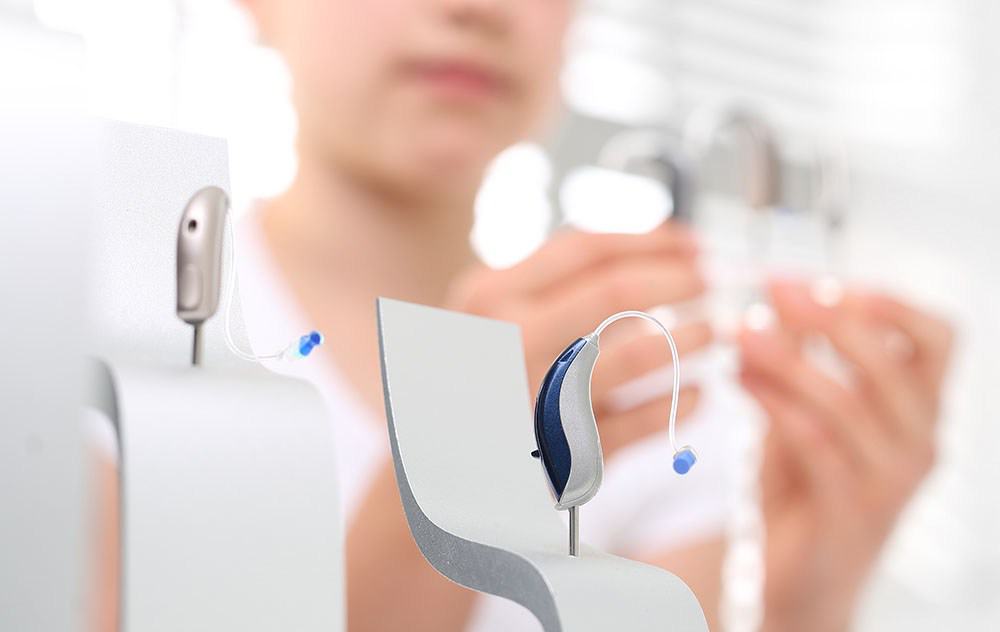Advances in Hearing Test Technology
Hearing testing has come a long way from the basic beep tests many people


Hearing testing has come a long way from the basic beep tests many people

Social gatherings can feel overwhelming when you have hearing loss.

Feeling a bit lost in the world of hearing loss and all the treatments and